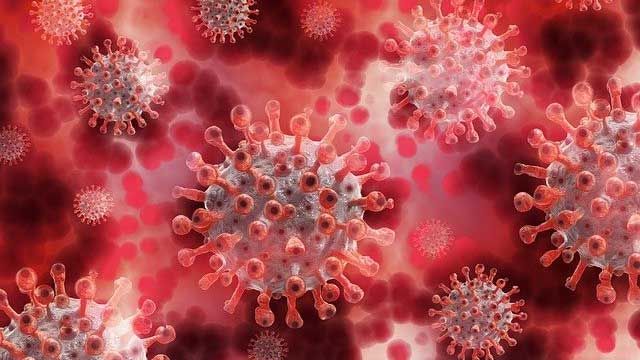Trending News
News

News
Resident T Cells Discovered in Lymph Nodes
Contrary to prior belief, certain T-cells remain in lymph nodes for a long time and store information about immune reactions there, reports a new study.

News
Human Organoids Aid Identification of Key Regulator in Cell Differentiation
Researchers used gut organoids to perform a systematic CRISPR screening of 1800 human transcription factors and identified ZNF800 as a key regulator of the differentiation of a specific gut cell type, the enteroendocrine cells.

News
Novel Gene Therapy for Hunter Syndrome
The UK regulatory authorities have approved the first ever trial of a revolutionary gene therapy for young children diagnosed with Hunter syndrome, a devastating rare lysosomal storage disorder.

News
T-Cell Discovery Has Potential for Engineering Custom Immune Responses
Researchers made the breakthrough discovery that the genetically encoded T-cell receptor (TCR) sequence that humans develop in early childhood determines a T cell’s function.

News
Novel Imaging Method Sheds New Light on Osteoclasts
Imaging technology developed at Garvan shows that bone-resorbing osteoclasts gather in distinct pockets, leading to new insights for osteoporosis and cancer treatment.

News
Electric Field Modification Enhances Enzyme Speed
Swapping a zinc ion for a cobalt ion to enhance the electric field at the active site of an enzyme increases its reaction speed so the enzyme can work 50 times faster than its unmodified analog.

News
Protein Seals Plant Roots To Regulate the Uptake of Nutrients and Water
The identification of a protein that regulates nutrient and water uptake in plant roots could help develop climate-proof crops that require fewer chemical fertilizers.

News
How an Unexpected Discovery in a University Pond Changed the DNA Rulebook
A recent discovery, published in PLoS Genetics, challenges the “rulebook” of DNA. We speak with the first author, Dr. Jamie McGowan, to learn about the accidental finding and what it means for synthetic biology.

News
Researchers Uncover the Answer to Protein Mystery
Researchers from the University of Bergen (UiB) have uncovered that proteins use a common chemical label as a shield to protect them from degradation, which in turn affects motility and aging.

News
Viral Reprogramming of Cells Can Increase Risk of Cancers
Researchers have unpicked the mechanism behind how Kaposi's sarcoma herpesvirus reprograms immune cells, increasing inflammation and making an individual vulnerable to cancer development.
Advertisement




